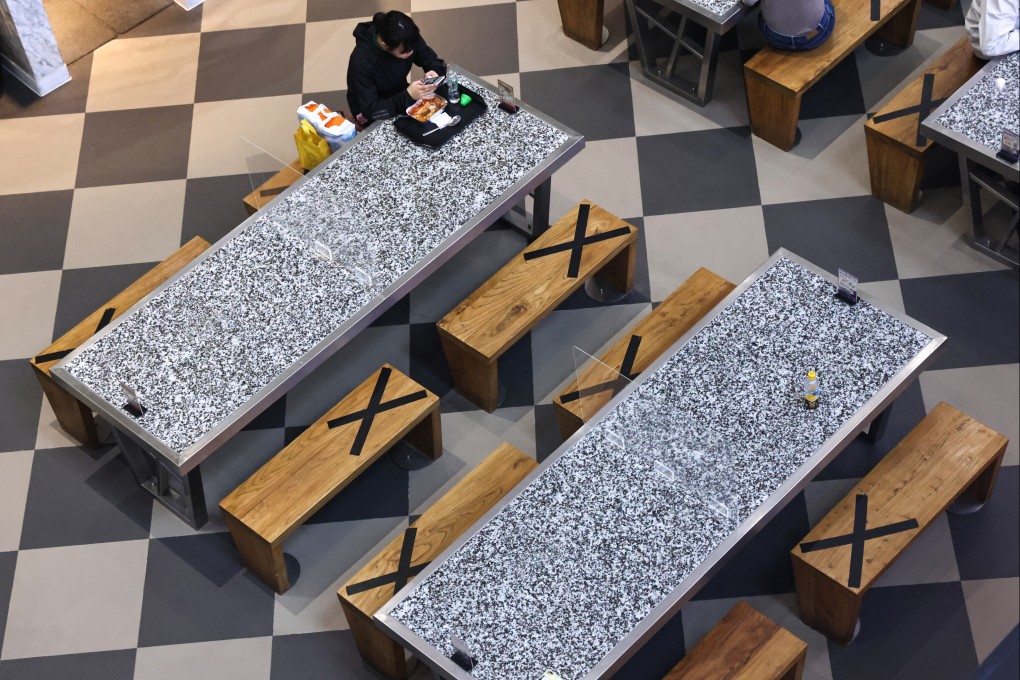Advertisement
Coronavirus: Hong Kong confirms over 7,500 new cases, vaccine pass to launch in days as residents urged to stay home
- The vaccine pass scheme, under which residents will be required to show proof of inoculation when entering certain venues, will take effect on Thursday
- Another 16 deaths reported, including that of an 11-month-old baby, the city’s youngest coronavirus-related fatality
Reading Time:5 minutes
Why you can trust SCMP
99+

This story has been made freely available as a public service to our readers. Please consider supporting SCMP’s journalism by subscribing.
Hong Kong is expected to tighten Covid-19 social-distancing rules further as it prepares to launch a so-called vaccine pass on Thursday limiting entry to venues based on inoculation status.
As infection numbers continued to climb on Monday, reaching a new record of more than 7,500 cases, an 11-month-old baby became the city’s youngest coronavirus-related fatality, the third such death of young children in the past fortnight.
Advertisement
On the social-distancing front, all restaurants would be limited to just two diners per table, unlike currently where some venues could have up to four people seated together, the Post learned.
“We urge every member of the public to contribute to the fight against the epidemic, including reducing unnecessary social contact, and working from home if possible … But if you must go out, to a mall for example, bring the vaccine pass and avoid crowded places,” deputy food and health secretary Kevin Choi said.
He renewed the call to exercise vigilance as the city confirmed a record daily caseload of 7,533 coronavirus infections, three of which were imported, pushing the overall tally to 60,363.
Advertisement
Advertisement
Select Voice
Choose your listening speed
Get through articles 2x faster
1.25x
250 WPM
Slow
Average
Fast
1.25x
